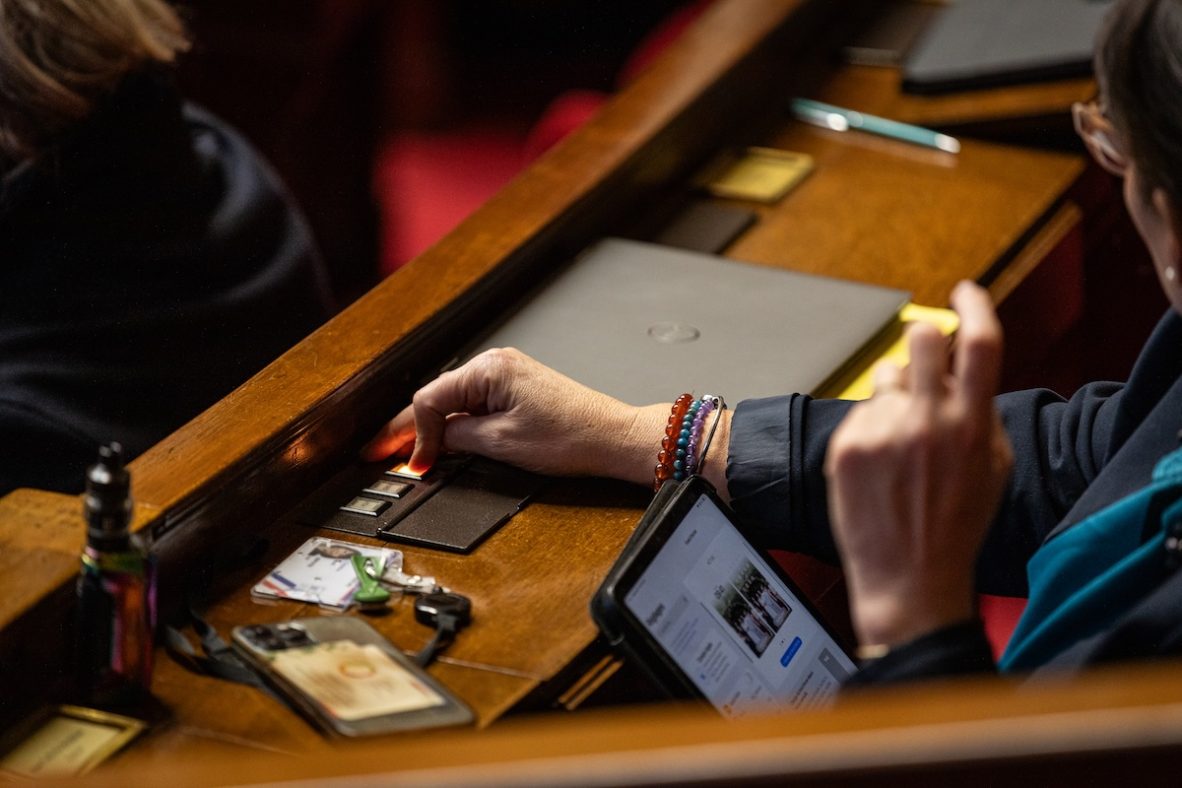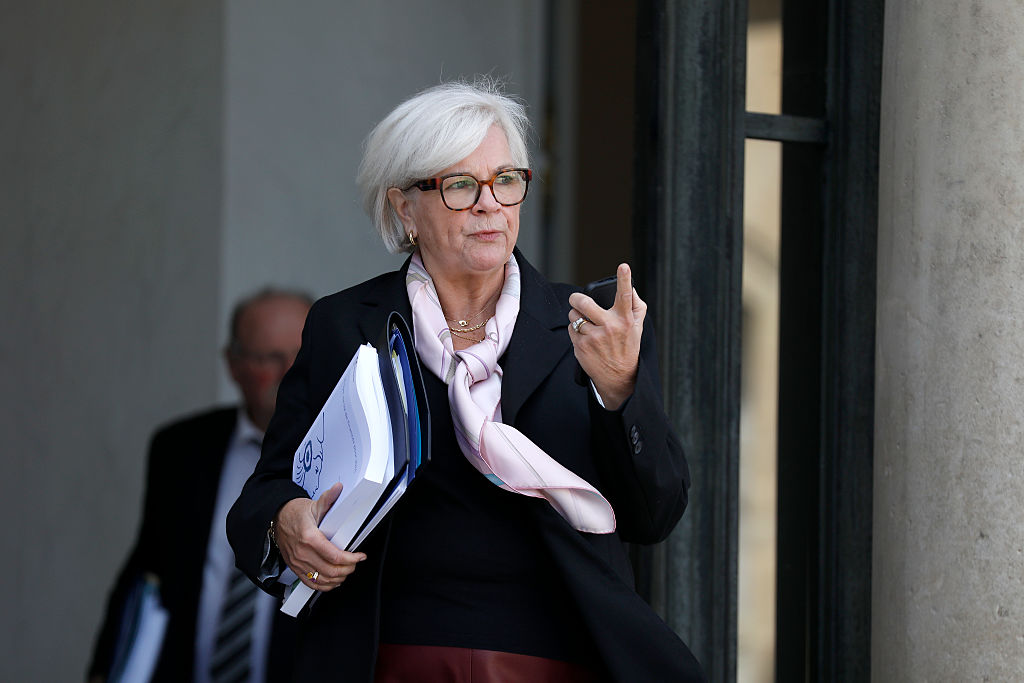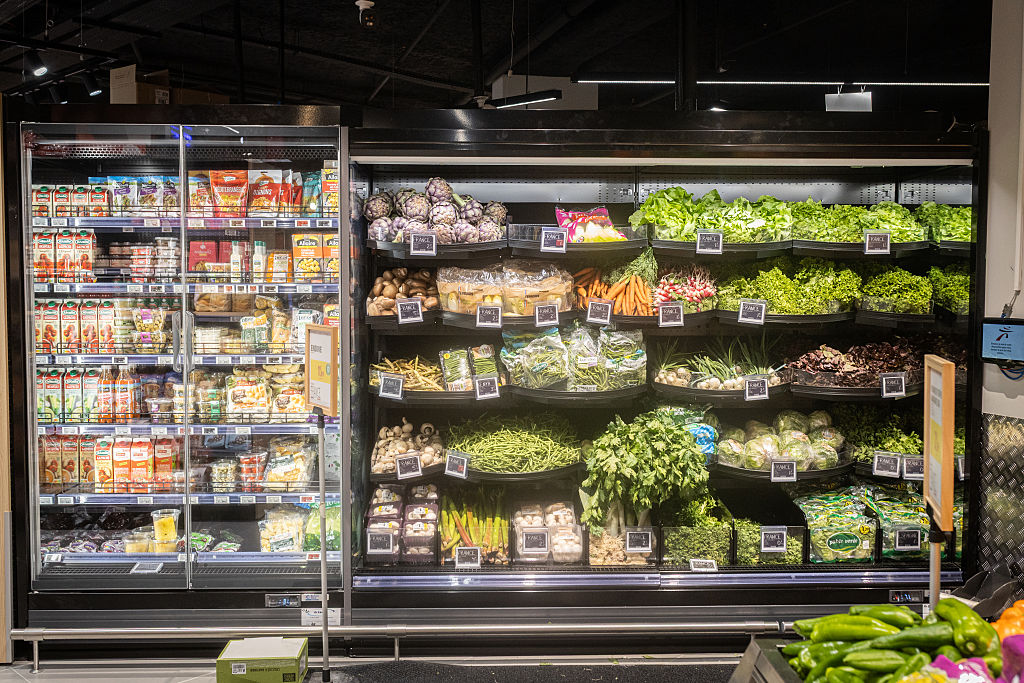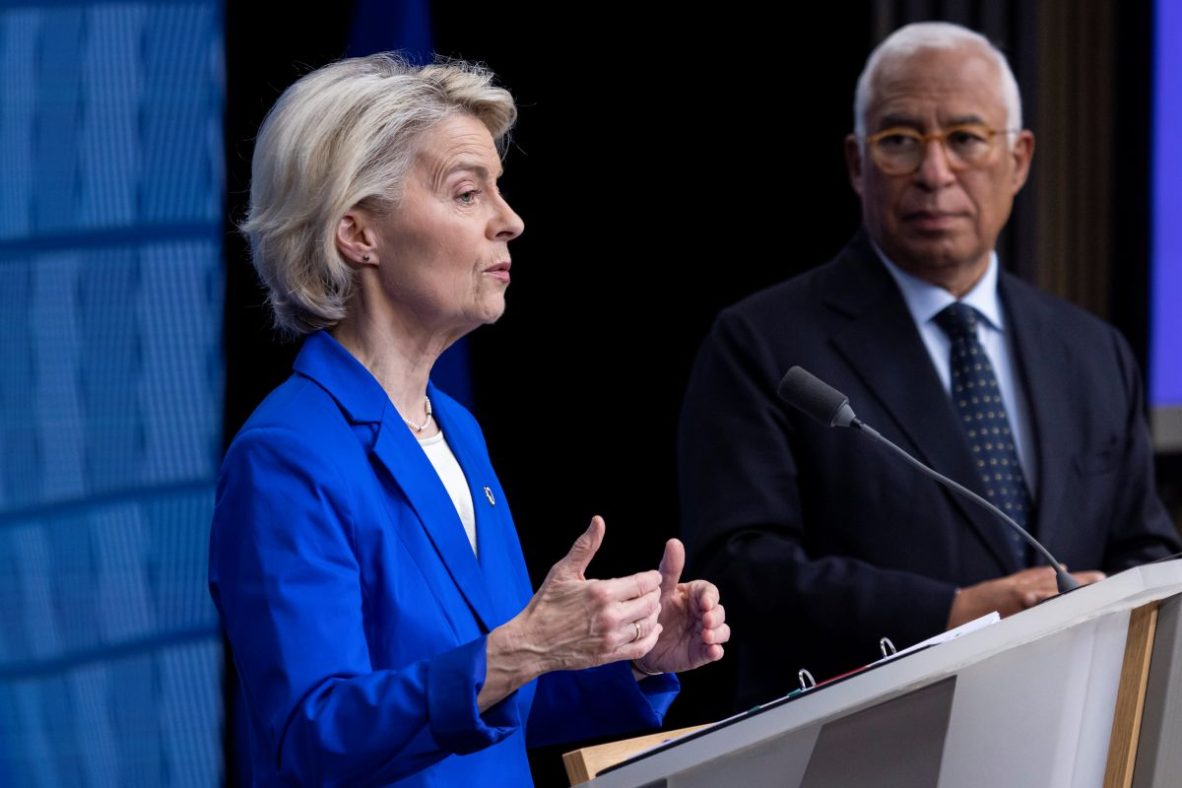Farmers, MEPs ready for fight as Brussels moves to adopt Mercosur deal
France’s powerful farm lobby is examining legal avenues to challenge the text, a path also being explored by a group of MEPs
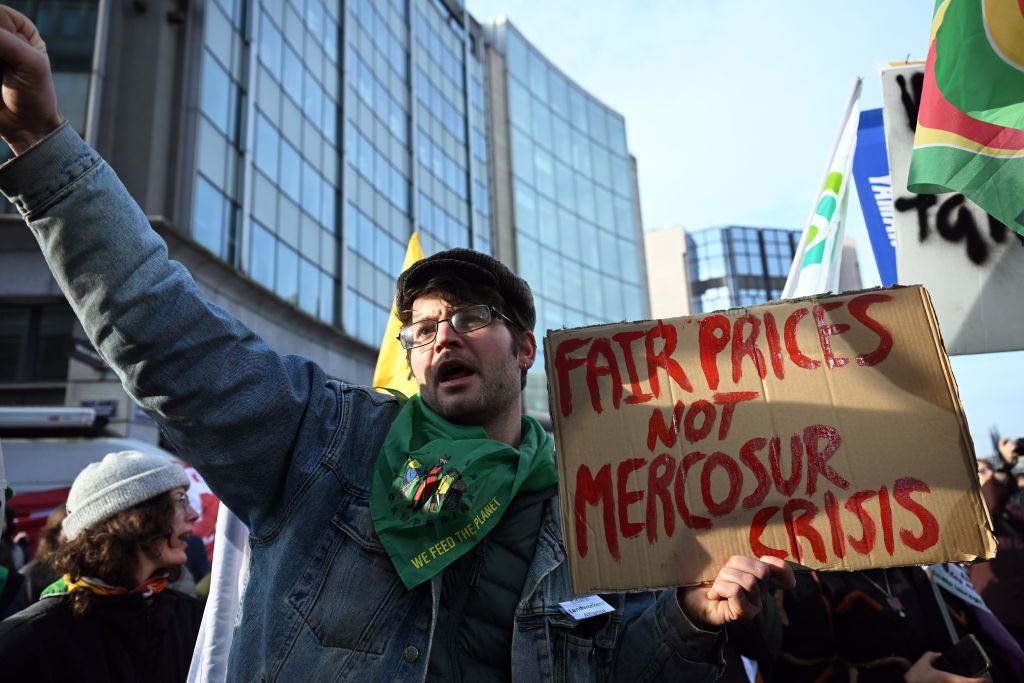
Farmers, lawmakers and NGOs are ramping up opposition to the EU-Mercosur agreement just hours before the European Commission formally adopts the text and launches the ratification process.
The Commission is expected to adopt the agreement at a College meeting on Wednesday, following the political agreement reached by leaders in Montevideo, Uruguay, in December.
The EU executive will also announce whether it intends to decouple the trade provisions from the wider agreement, sidestepping the need for ratification in all 27 national parliaments.
As an exclusive EU competence, the trade deal would then need only a simple majority in the European Parliament and support from 15 member states in the Council, representing 65% of the EU’s population.
French resistance
But in France, the EU country leading opposition over fears of damage to its agriculture, the main farmers’ union FNSEA insists the fight is not over.
FNSEA president Arnaud Rousseau said at a press conference on Tuesday that his team is examining possible legal avenues to challenge the text, while also focusing efforts on the upcoming European Parliament vote.
The FNSEA reiterated its strong opposition to imports from South America containing pesticides banned in the EU. Lamenting that checks on imported products are “non-existent”, Rousseau stressed that the main challenge will be enforcement.
The union may find allies in Brussels. French MEP Pascal Canfin, leading the liberals on the Parliament’s Environment Committee (ENVI) said on Monday that he is launching a cross-party initiative with other lawmakers to challenge the agreement before the EU’s top court.
Canfin said the objective is to “suspend the adoption of the agreement” until it is deemed compliant with EU treaties, particularly regarding the inclusion of a ‘rebalancing mechanism’ in the deal, which he claims could “permanently weaken the EU’s ability to legislate.”
NGOs, farm groups and other associations are also set to demonstrate in Brussels against the agreement on Thursday.
The ‘ghost’ protocol
The Commission is also expected to unveil an “accompanying document” to the deal on Wednesday, two EU sources told Euractiv.
However, the document is likely to be non-binding for Mercosur countries, as it would sit outside the legal text.
The details of this add-on – negotiated between France and the Commission – have been kept strictly confidential and are being decided at the highest political level. “Only the Élysée Palace has the text,” a French government source told Euractiv.
The details of any new safeguards also remain unknown to France’s powerful agricultural union. “We have no guarantee”, Rousseau said. “I am waiting to see the document”.
Rousseau voiced opposition to a safeguard clause, warning it could prove difficult to activate. “A mirror measure [would be] better”, he argued, adding that “if it’s a mirror clause, it’s somewhere in between”.
On compensation, Rousseau remained cautious. “We will wait for proposals to be made to us”, he said. Referring to the Commission’s proposal of a €1 billion support package in the event of market disturbance, he added: “for the moment, this is only a statement”.
In the absence of clear guarantees, the FNSEA therefore says it will continue campaigning against the deal.
(adm, aw)




